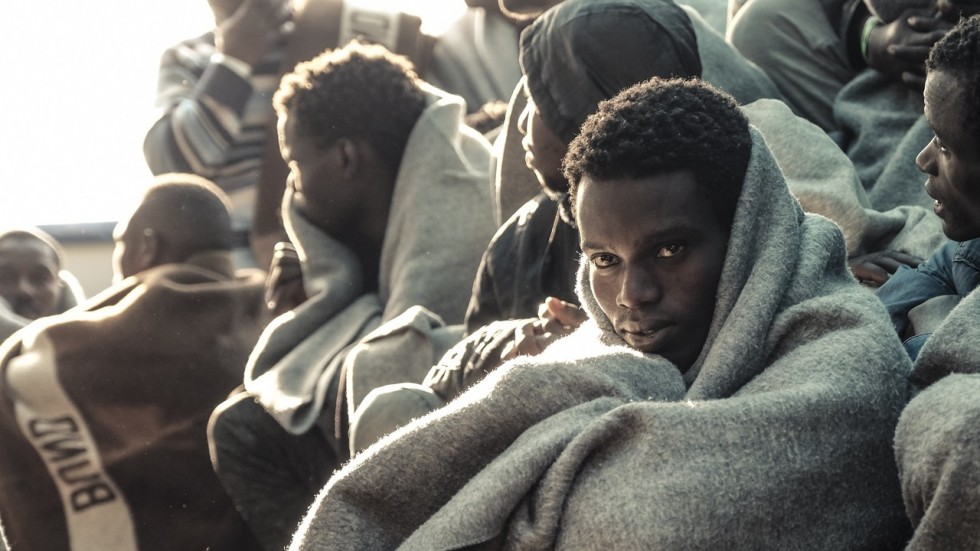There are no products in your shopping cart.
| 0 Items | £0.00 |

 NIGERIAN human traffickers are assisting the slave traders operating in Libya by helping them detain and ship migrants to Europe according to Cameroonian refugee Foka Fotsi who recently managed to escape from the country.
NIGERIAN human traffickers are assisting the slave traders operating in Libya by helping them detain and ship migrants to Europe according to Cameroonian refugee Foka Fotsi who recently managed to escape from the country.
Mr Fotsi, 32, who was trafficked twice, said that the new slave trade is being carried out by many nationalities, including Nigerians and Ghanaians. He added that he decided to leave Cameroon last year but fell into the hands of a Libyan kidnapping ring manned by Nigerians before reaching Europe.
His story corroborates another testimony by a Nigerian from Edo State, who identified one Charles, a Nigerian as the trafficking kingpin. According to Mr, Fotsi, he was battered in a camp run by Nigerians and Ghanaians after he migrated to Libya because he was unable to find work to support his family.
Mr Fotsi said: “There was torture like I’ve never seen as they hit you with wooden bats and with iron bars. They hang you from the ceiling by your arms and legs and then throw you down to the floor and they swing you and throw you against the wall, over and over again, 10 times.
Christelle Timdi, another Cameroonian recounted her horrendous experience, adding that when uniformed men boarded the overloaded rubber dingy carrying her and her boyfriend to Europe, she thought the Italian coastguard had come to rescue them but the men took out guns and began to shoot. She added that the gunmen took her and her fellow passengers back to Libya where they were locked up, raped, beaten and forced to make calls to their families back home for ransom payments to secure their freedom.
Ms Timdi said: “They are not human beings, they are the devil personified. Many people fell in the sea.
Furthermore, Ms Timdi, 32, who flew back to Cameroon last week, described seeing her boyfriend, Douglas, falling in the water and disappearing into the darkness. She added that she also saw a Senegalese man buying an African migrant and many traffickers posed as marine guards, police officers and taxi drivers to ensnare victims.
According to Ms Timdi, the facilities used by traffickers appeared to be well organised and guarded, with most people working in the industry wearing fake police or military uniforms. She added that the place was surrounded by army-style vehicles with guns ready to fire, so her family had to pay 1m CFA francs ($1,800) to free her.
In addition, she added that ransoms were no guarantee of safety as the traffickers work with a network of taxi drivers who are supposed to transfer released migrants to migrant camps but who often re-traffic them. She said there are people who have been resold twice, or even three times.